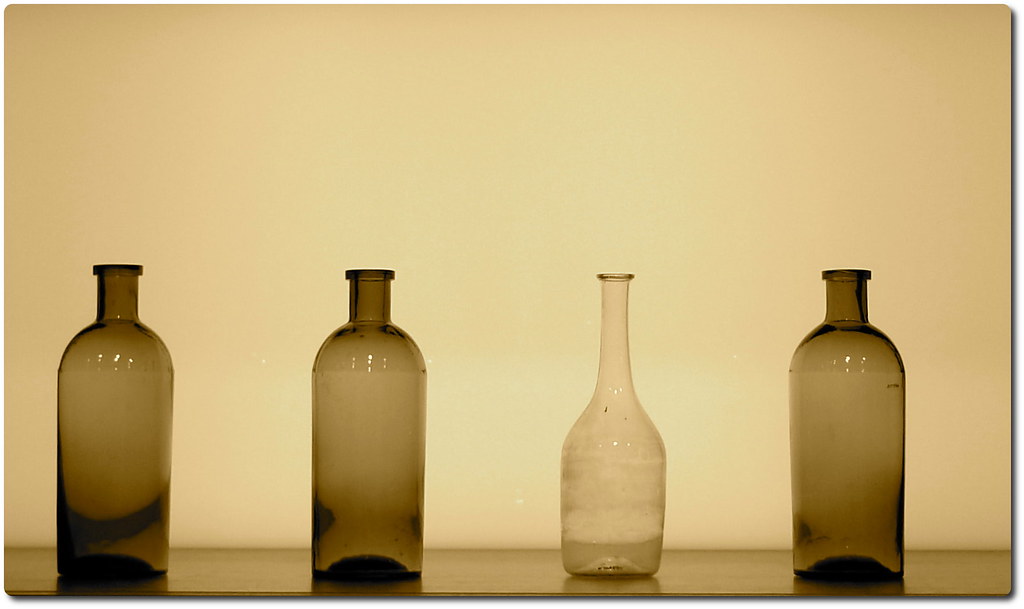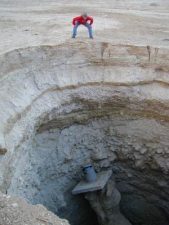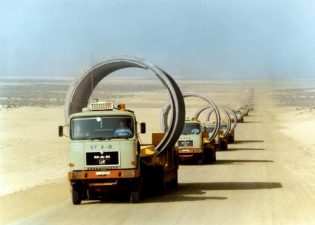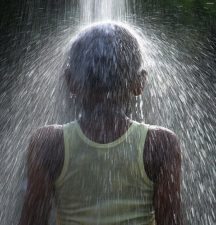The World Bank published a report yesterday recommending an immediate change in the water regime between Israel and the Palestinian Authority.
Coming at a particularly sensitive time, considering the region’s ever-worsening water crisis, the report, entitled Assessment of Restrictions on Palestinian Water Sector Development, concluded that “the joint governance rules and water allocations established under the 1995 Oslo interim agreement, still in effect today, fall short of the needs of the Palestinian people.”
Due to the imbalance of power, capacity, and information between Israelis and Palestinians under the Joint Water Committee (JWC), the report notes, Palestinians have faced severe constraints on water resource development, use, and management. These constraints have become even more serious since Israel began imposing movement and access restrictions in 2000, impairing Palestinian decision-making, access to water resources, infrastructure development, and utility operations.
The report also addressed the governance and capacity weaknesses in Palestinian water institutions, as well lack of investment in the Palestinian water sector. These factors have led to serious underdevelopment and inefficiency of water infrastructure and services; Palestinians are “struggling to attain the basic level of infrastructure and service of a low-income country.” As a result, they face economic, environmental, and public health risks. Water-related humanitarian crises are already chronic in Gaza and parts of the West Bank.
Israel, in contrast, maintains a highly efficient water infrastructure and management system. Israelis consume, on average, four times more water than Palestinians.
The report also found that Palestinians only have access to one-fifth of the Mountain Aquifer, a shared groundwater reserve. Israel pumps out the rest without proper authorization from the JWC. This over-pumping increases the likelihood of dangerous salinity within the aquifer, as well as makes it more difficult for Palestinians to access the groundwater because their wells are shallower than Israel’s deep drillings.
In response, an unnamed Israeli official told Reuters the World Bank report was “grossly misleading.” Israel has a much more developed industrial sector than the Palestinians and this can skew per capita assessments of water consumption, the official said. “It’s like comparing apples to watermelons.” (Note: Um, duh! I think that’s the whole point!).
Friends of the Earth Middle East (FoEME) also released a statement in response to the report, echoing is calls to the Israeli government and the Palestinian Authority to replace the failed JWC with a new joint water management structure.
“It is time to replace the failed mechanism of the Joint Water Committee, established under Oslo, with an institution where Palestinians and Israelis are true partners in both water supply and management responsibilities” said Nader Khateeb, FoEME’s Palestinian Director.
Gidon Bromberg, FoEME’s Israeli Director, added,
The irony is that due to the water crises, following 5 consecutive years of drought, pollution largely from Palestinian sources poses an ever increasing threat to the declining shared water reserves. A key problem with the JWC is that it has disempowered the Palestinians from being able to take responsibility for water management. The Palestinians receive so little of the shared water, that Israelis must ask themselves, what incentive do Palestinians have to protect shared water from pollution?
The World Bank report called for a new water management that divides power equally between the parties, strengthens Palestinian institutional capacity and, most importantly, develops partnerships that continue to move strategically despite the volatile political context.
:: World Bank, Reuters, Ha’aretz, FoEME
Image Credit: Swamibu
More on Middle East water:
Lifesource: Working for Water Justice in Israel and Palestine
Israelis, Palestinians Dispute Over Quarries in the West Bank
Israeli Activists Build Wind, Solar Energy Systems for Palestinian Villages: An Interview with COMET’s Elad Orian




